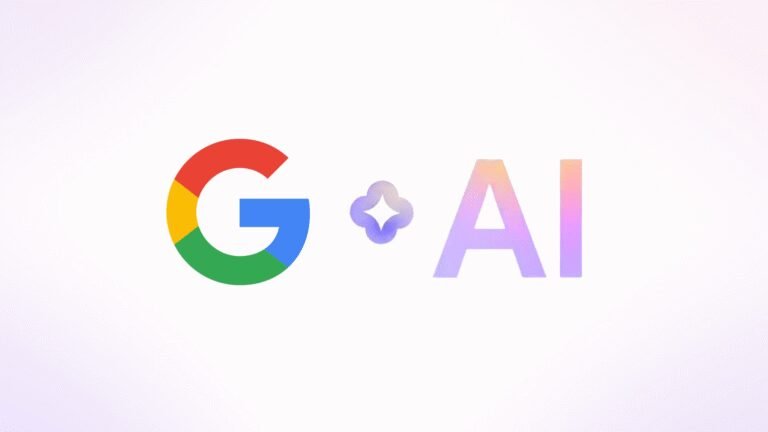Apple Risks Falling Behind as AI Becomes the New Battleground in Smartphones

Apple has always been late to the party yet managed to dominate the dance floor. The iPod, iPhone, and Apple Watch were not the first in their categories, but Apple perfected the formula, setting new industry standards. With artificial intelligence, however, this time-tested strategy looks shaky.
The iPhone, Apple’s crown jewel, is struggling to keep up with AI-powered features on rival devices. Google’s Pixel 10 showcases innovations like Magic Cue, which smartly surfaces information from emails and calendars, and real-time Voice Translate that clones your voice to break language barriers. Samsung too has made AI the star of its Galaxy lineup, using Gemini models for translation, summarisation, and creative tasks. Even OnePlus is experimenting boldly with AI, leaving Apple looking tentative.
Apple’s answer, “Apple Intelligence,” has so far been little more than incremental. Smarter Siri, note summarisation, and text drafting don’t match the transformational tone rivals are setting. Worse, many of these features aren’t available yet, and rollout delays may further weaken Apple’s standing. The perception is clear: while competitors appear as innovators, Apple seems defensive.
But writing Apple off would be premature. Its strategy of waiting until technology matures has historically paid off. With its massive ecosystem, strong privacy positioning, and integration potential across iOS and iMessage, Apple still holds an advantage. The OpenAI partnership also ensures access to ChatGPT, one of the most widely used generative AI assistants globally.
The real risk lies in consumer patience. If AI becomes the deciding factor in smartphone purchases — with real-time translation, context-aware assistants, and creative tools shaping daily use — Apple cannot afford to just be late. This time, success depends not on design brilliance or app dominance, but on intelligence. And for now, Google, Samsung, and others look much smarter.





